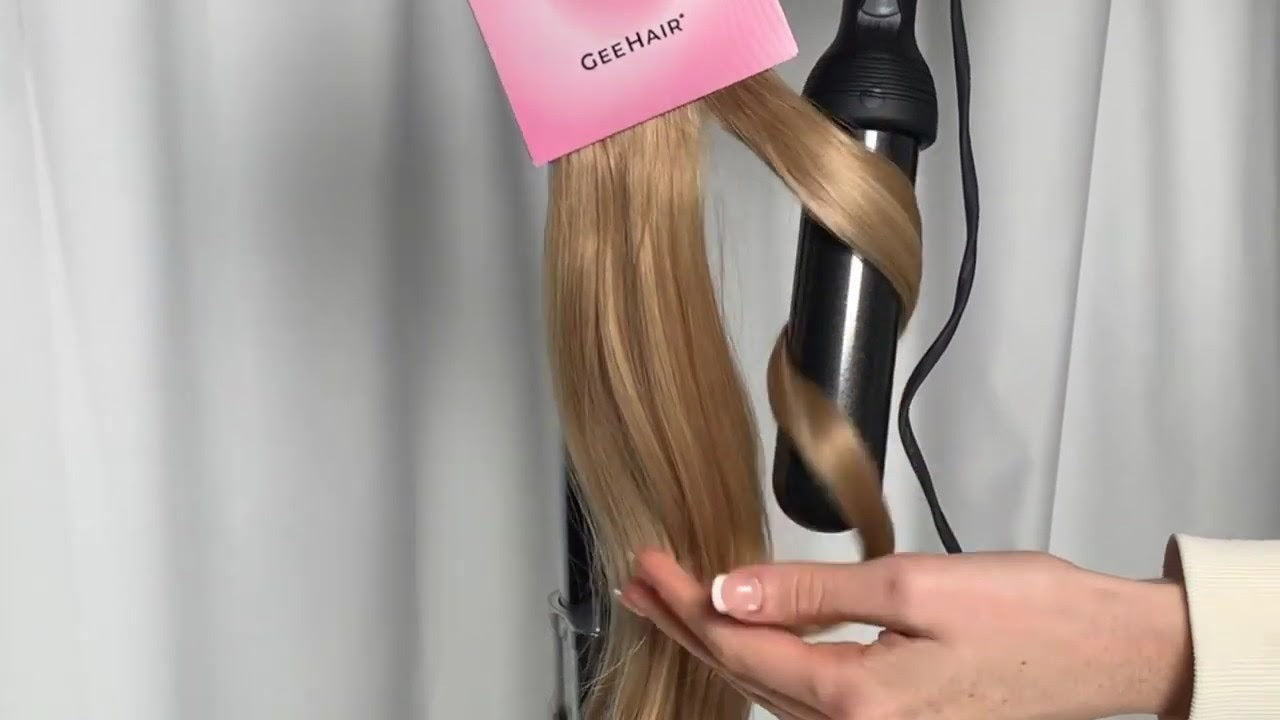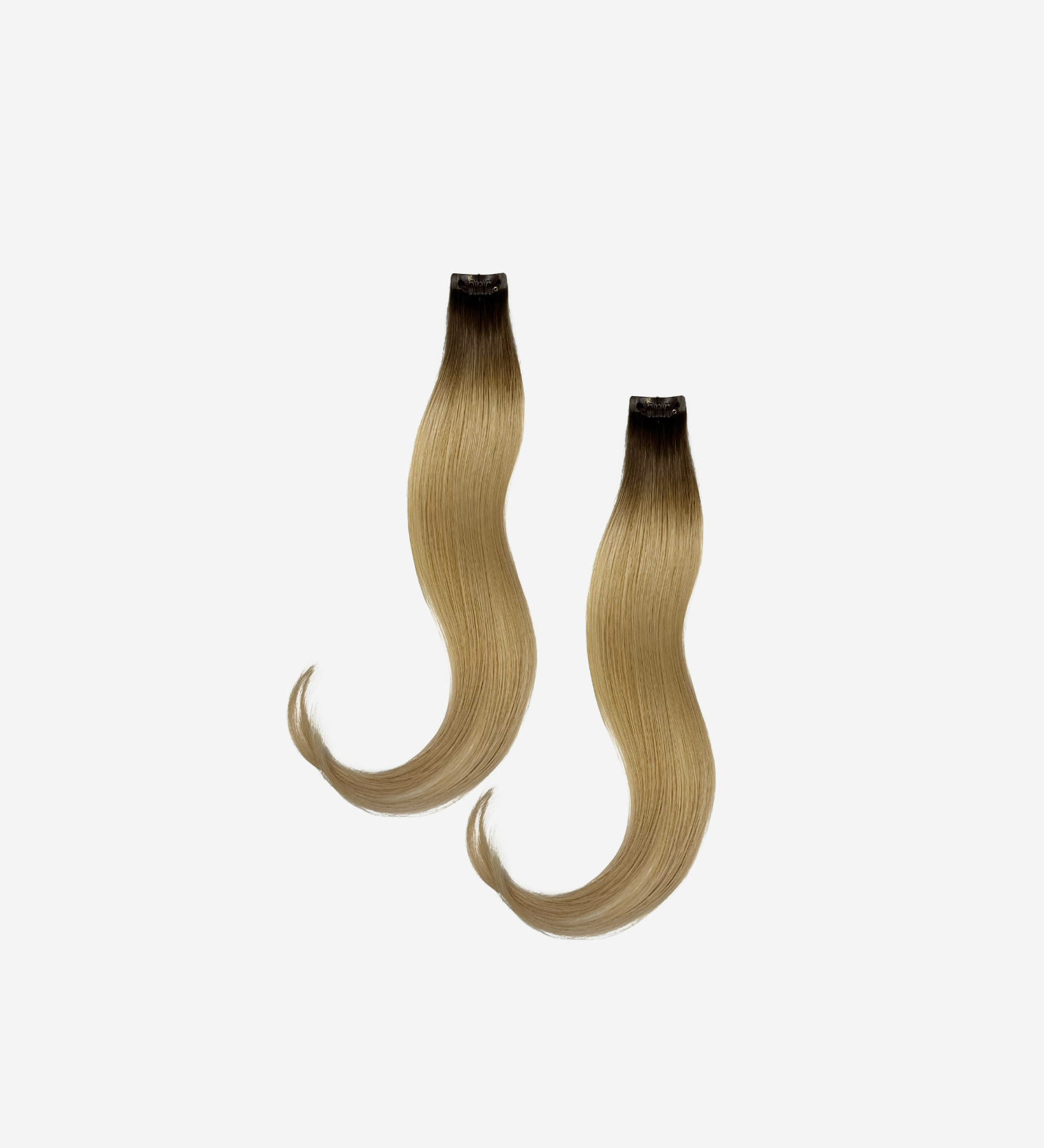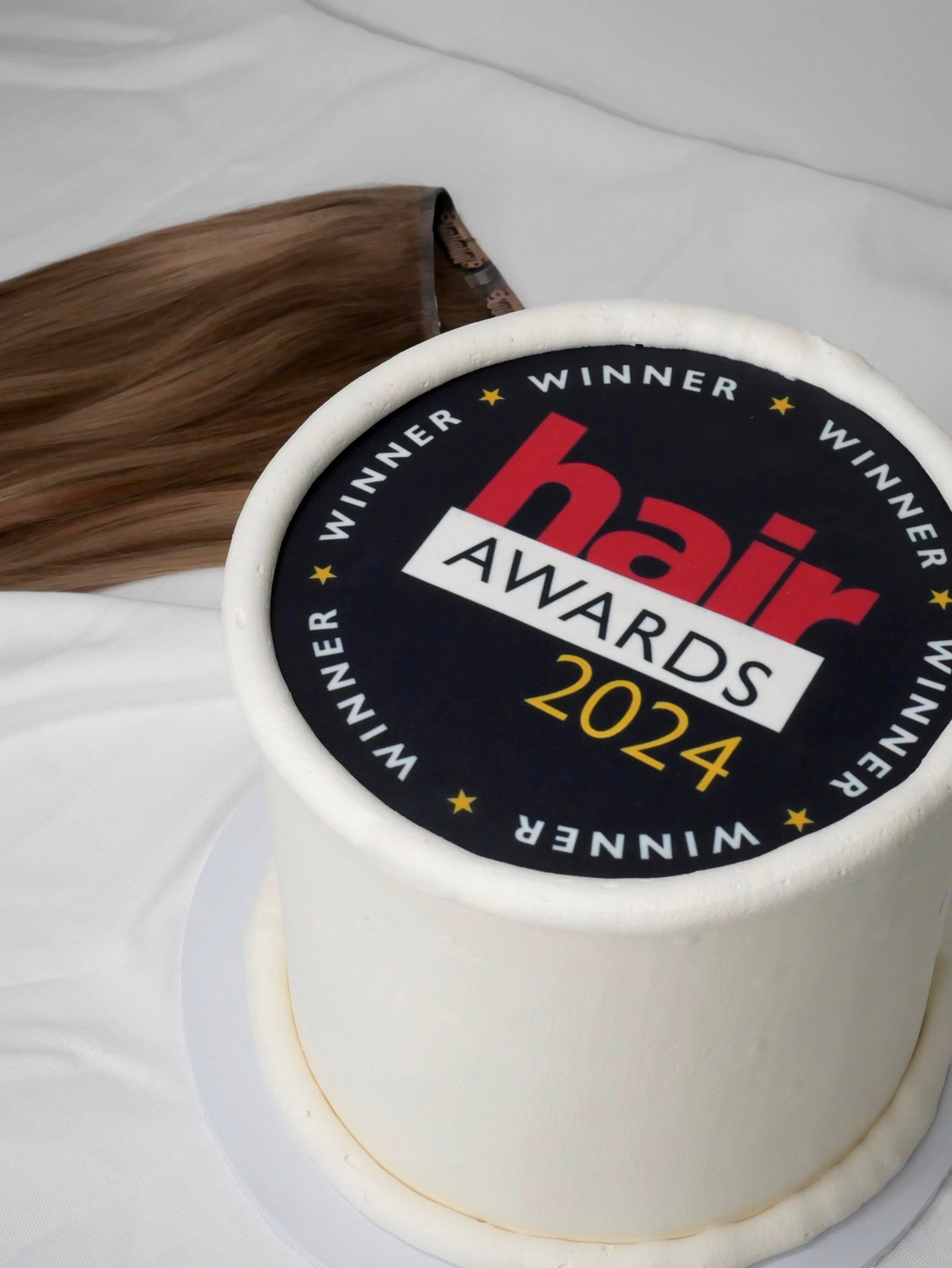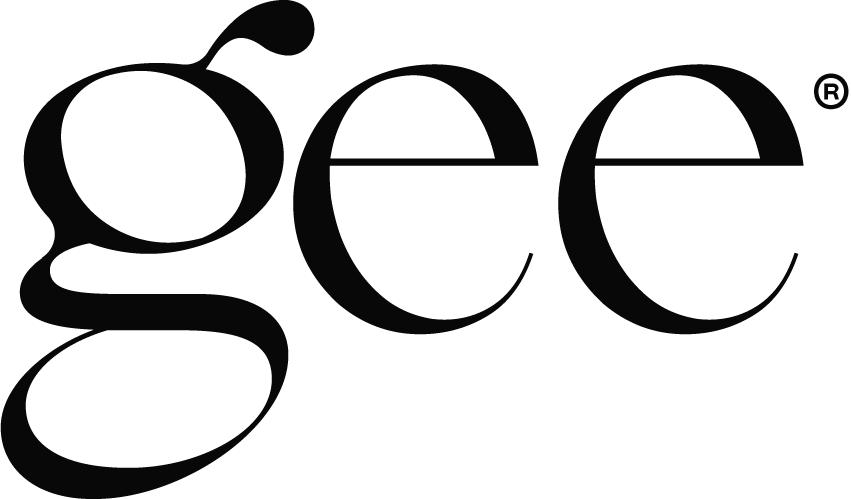Hi! Our cookies enhance your site experience, improve quality, and show you more relevant content. Click "Accept" if you agree to our Cookie Policy. Thanks!

HOW TO LOOK AFTER YOUR HAIR & EXTENSIONS DURING LOCKDOWN
Lockdown restrictions and salon closures have meant that unfortunately many of us haven’t been able to give our hair the TLC it deserves. The frustration of out of control locks, fading roots and split ends has led some of us to attempt DIY haircuts and treatments that have ended in disaster.
But don’t worry - we’ve got your back. In this article we chat with two hair industry professionals to discover their top tips on how to look after your hair and hair extensions during lockdown.
First we speak to hair expert Christine Slattery who has over 50 years experience in hairdressing and providing tips to help women look after their hair. Then we chat with our very own co-founder, Hana Johansen to find out the best ways to look after natural hair extensions at home.
Hairdresser, Christine Slattery
What’s the best way to get rid of split ends at home?
“Silk pillowcase can be really useful to help reduce the appearance of split ends”, says Christine, “They can make a real difference. Also, always be gentle with your hair, especially when it’s wet as this is when the hair is most porous and susceptible to damage. As you’ll already know, too much heat is really bad for the hair, and can cause breakage which will worsen any split ends. I’d recommend drying your hair on a cooler setting and brushing from the tips of the hair upwards.
How often should you wash your hair?
“This depends on the individual. If you have very thick or dry hair I wouldn't advise washing it as frequently. If your hair is more fine, you may want to wash it more regularly to give it a little more body. People who do have finer hair can get away with once or twice a week, but if your hair is thicker, then around once a week should do the trick.
“If you struggle with greasiness, then twice to three times a week is recommended, and a cool rinse which should help to reduce the oil producing glands. I’d advise against washing every day, especially during lockdown. We have sebaceous glands at the base of each individual hair which produce the natural oils that cause the hair to look greasy. The more frequently you wash your hair, the more you’ll be massaging these sebaceous glands which will cause them to start working in overtime and actually make them produce more oil. Another tip I’d give for those with greasy hair is using a little bit of lemon juice on your last rince every now and again, which may help - but do not do this on colour treated hair.”
How do you stop long hair from getting so knotty?
“Everybody’s hair is different when it comes to knots, it depends on the type of hair. Again I’d always suggest starting brushing at the bottom and working your way up. When you come to a tight knot, gently separate with your fingers, pulling the hairs away one by one instead of pulling at it. Also, make sure your hair is knot-free before straightening because if you don’t, you could end up clumping it up even more. Another tip for knot prone hair, and all hair in fact, is to never rub it dry. Friction caused by towels can cause so much damage! Instead, use a microfibre towel or even a tshirt to gently dry your hair.”
How do you stop roots coming through between appointments?
“I’d recommend using a shampoo that’s been specially made for colour treated hair”, says Christine. “It’s a bit of a trial and error situation to find the right balance for your hair, but you’re definitely better off using a mild shampoo if you have coloured hair. By doing this, the shampoo will help to promote the strength of the colour and keep it in the hair for longer. For example, you may see chamomile shampoo for blonde, henna for red hair, etc. They’ve all been specially formulated to help keep the colour vibrant and enhance what’s left in the hair.”
Gee Hair co-founder Hana Johansen
How often should you wash your hair extensions?
“Try to wash natural hair extensions as infrequently as possible”, says Hana, “As with your natural hair, washing strips the hair extensions of their natural oil. This is okay when it comes to your real hair, as the scalp will soon reproduce these oils again. However, as hair extensions don’t actually grow from the scalp - this oil will not be reintroduced again. This is why you should only ever wash natural hair extensions when it’s really necessary for hygiene purposes.
“Making sure you’re storing your hair extensions well - ideally using a hair extension hanger or travel storage bag - will definitely help keep them in good condition. What’s more, it’s really important that you make sure your natural hair extensions are detangled, clean and dry before storing them in a bag, as this will help to retain their quality overtime.”
What shampoo should you use for natural hair extensions?
“You should only ever use products that have been specially formulated for hair extensions in order to minimise damage and when you do use these products, try to use as little as possible to prevent any buildup. Steer clear of any shampoos that can contain sulphate, SLS, alcohol and paraffins as these can also cause damage to the hair.”
We hope this interview has been useful in giving you the best tips and tricks on how to look after your hair and your hair extensions at home. If you want to find out more about how to look after natural hair extensions, check out our ‘Look After Me’ page, which tells you everything you need to know about caring for your extensions.



